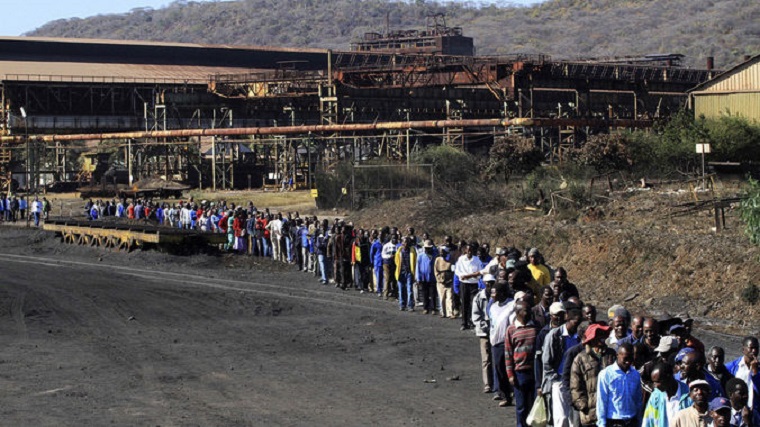Zimbabwe is still paying off loans used to fund strategic national projects that have long become derelict or defunct due to lack of proper maintenance and care, central bank governor John Mangudya has said.
Mangudya was speaking during a tour of Mutare’s Verify Engineering, which shares the same premises with the defunct Feruka Oil Refinery.
The refinery, commissioned in 1965, was mothballed a little more than a year later.
“This plant, this giant plant that you have shown us (Feruka Oil Refinery) was built for import substitution. Ziscosteel was built for import substitution and exporting. NRZ (National Railways of Zimbabwe) was put there to bring goods from the ports, because we are a landlocked country. But all those projects have gone and some of them are now dust. We are failing to care for and maintain our investments,” Mangudya said.
Mangudya said the central bank has found it increasingly difficult to arrange funding for national projects, many of which fold prematurely due to lack of proper care.
“It becomes so difficult (to fund national projects). I always give the example of NRZ, that we borrowed funds from Germany to electrify a railway line from Harare to Dabuka (Gweru) but that asset is no more (and) we are still paying back the loan,” he said.
Verify Engineering is currently setting up a 5 000 litre per day fuel plant as well as a 50 tonne per day air separation unit (ASU) at Feruka.
The firm has reached out to the central bank for funding.
Higher and Tertiary Education, Science and Technology Minister Jonathan Moyo accompanied Mangudya on the tour. –The Source
(71 VIEWS)







0 Comments